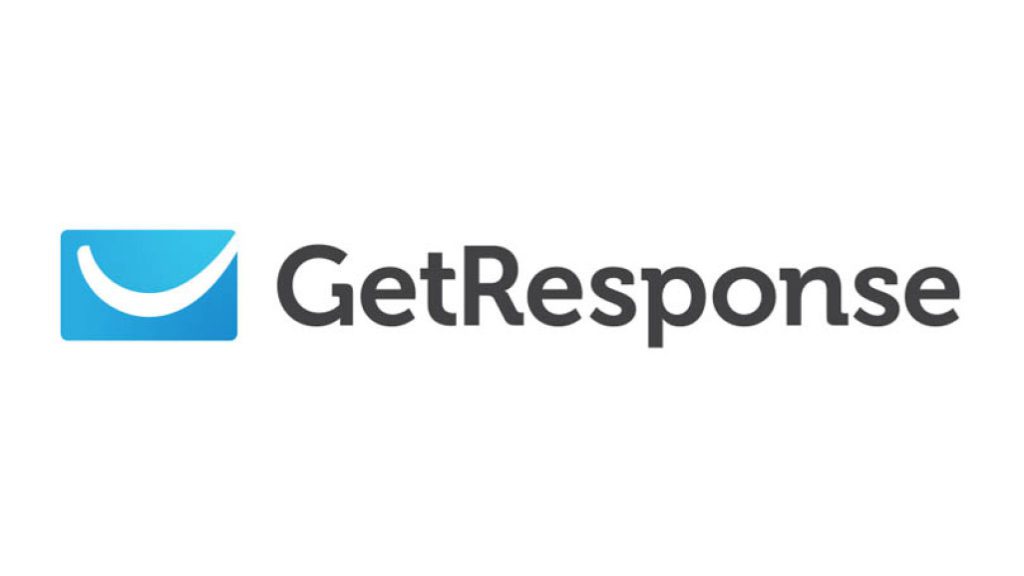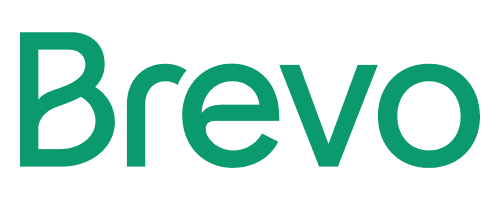Software Feature
SMS Marketing

The Power of SMS Marketing: Driving Business Growth Through Effective Communication
In today’s fast-paced digital world, businesses constantly seek innovative ways to reach and engage their target audience. SMS marketing has emerged as a powerful tool, allowing companies to deliver timely, targeted messages directly to their customers’ mobile devices. This comprehensive guide will explore what SMS marketing is, how it works, and how businesses can leverage its potential to drive growth and enhance customer relationships.
Understanding SMS Marketing
What is SMS Marketing?
SMS marketing, or text message marketing, is a communication strategy that involves sending promotional messages or alerts to individuals’ mobile phones via SMS (Short Message Service). It enables businesses to connect with their audience directly and immediately, leveraging the widespread use of mobile devices.
Benefits of SMS Marketing
SMS marketing offers several critical advantages for businesses:
- Instant Delivery: SMS messages have an incredibly high open rate, with most messages being read within minutes of receipt. This makes SMS marketing ideal for time-sensitive promotions or urgent updates.
- Wide Reach: With billions of mobile phone users worldwide, SMS marketing enables businesses to reach a broad audience, regardless of the recipients’ location or mobile device type.
- Direct and Personalized Communication: SMS messages are typically concise and to the point, allowing businesses to deliver focused and impactful content. Personalization features enable enterprises to address recipients by name, fostering a sense of connection and relevance.
- High Engagement: SMS messages are highly engaging, with recipients often responding promptly to calls to action. This makes SMS marketing an effective channel for driving customer engagement, conversions, and sales.
- Cost-Effective: SMS marketing campaigns are generally more affordable than other marketing forms, such as print advertisements or television commercials. With reasonable costs and a high return on investment, businesses can achieve significant results within their budget.
Common Uses of SMS Marketing
SMS marketing can be utilized in various ways, depending on the goals and target audience of the business:
- Promotional Campaigns: Businesses can send exclusive discounts, limited-time offers, or special promotions directly to their customers’ phones, encouraging immediate action and boosting sales.
- Event Reminders and Updates: SMS messages can serve as reminders for upcoming events, providing essential details and ensuring attendees stay informed.
- Order Updates: Businesses can keep customers updated on the status of their orders through SMS notifications, providing tracking information, delivery confirmations, or any relevant updates.
- Customer Surveys and Feedback: SMS can gather valuable customer feedback through short surveys or prompt reviews and testimonials, helping businesses improve their products and services.
- Appointment Reminders: SMS messages can be sent to remind customers of upcoming appointments, reducing no-shows and ensuring smooth scheduling.
Implementing SMS Marketing Strategies
Building an SMS Subscriber List
Building a subscriber list is one of the first steps in utilizing SMS marketing. Here are some effective strategies:
- Opt-In Campaigns: Invite customers to opt-in to your SMS marketing by providing a keyword to text or signing up through a web form. Offer incentives, such as exclusive discounts or valuable content, to encourage sign-ups.
- Website and Social Media Integration: Prominently display opt-in opportunities on your website and social media channels. Make it easy for visitors to subscribe to your SMS updates by providing clear instructions and benefits.
- Point of Sale (POS) and In-Store Sign-Ups: Train your staff to inform customers about your SMS marketing program during in-store interactions—display signs or QR codes at checkout or on product packaging to encourage sign-ups.
Crafting Engaging SMS Messages
Creating compelling SMS messages is crucial to capture and retain your audience’s attention. Consider the following tips:
- Keep it Concise: Due to character limitations, SMS messages should be short and to the point. Craft concise messages that quickly convey the intended information or offer.
- Personalize Your Messages: Use personalization features to address recipients by name or segment your audience based on preferences and purchase history, tailoring the content to their needs.
- Include Clear Calls-to-Action: Encourage recipients to take specific actions, such as clicking a link, redeeming a discount code, or replying with a keyword. Make your call to action clear, compelling, and easy to follow.
- Timing and Frequency: Be mindful of the timing and frequency of your messages. Avoid sending messages frequently or during inappropriate hours, as it may make recipients opt out or feel annoyed.
Compliance with SMS Marketing Regulations
It is important to adhere to legal and ethical guidelines when implementing SMS marketing campaigns:
- Permission-based Marketing: Ensure recipients have provided explicit consent to receive SMS messages from your business. Implement a double opt-in process to confirm their subscription.
- Opt-Out Option: Provide a clear and easy-to-use opt-out mechanism in every SMS message, allowing recipients to unsubscribe from future communications.
- Data Privacy and Security: Safeguard customer data and comply with relevant data protection regulations. Store and handle customer information securely, ensuring it is used only for the intended purposes.
Measuring Success and Optimizing SMS Marketing
Key Metrics to Track
Monitoring and analyzing the performance of your SMS marketing campaigns is essential for continuous improvement. Key metrics to track include:
- Open Rate: Measure the percentage of recipients who open your SMS messages. This metric indicates the effectiveness of your message and subject line in capturing attention.
- Click-Through Rate (CTR): Track the percentage of recipients who click on links or calls-to-action within your SMS messages. This metric helps assess engagement and the effectiveness of your content.
- Conversion Rate: Measure the percentage of recipients who complete a desired action, such as purchasing, using a discount code, or filling out a form. This metric indicates the impact of your SMS campaigns on driving conversions.
- Subscriber Growth: Monitor the growth of your SMS subscriber list over time. Analyze the effectiveness of your opt-in strategies and identify opportunities for list expansion.
Continuous Optimization
Optimizing your SMS marketing campaigns is an ongoing process. Consider the following strategies:
- A/B Testing: Experiment with different variations of your SMS messages, such as content, call-to-action, timing, and personalization. Analyze the results to identify the most effective approaches.
- Customer Feedback: Seek feedback from your SMS subscribers through surveys or by monitoring their responses. Use this feedback to refine your messaging and provide a better experience.
- Integration with Other Marketing Channels: Integrate your SMS marketing with other channels, such as email marketing or social media, to create a cohesive and synchronized customer experience.
Conclusion
SMS marketing presents a powerful opportunity for businesses to engage, inform, and convert their target audience. By understanding the benefits of SMS marketing, implementing effective strategies, and continuously optimizing campaigns, companies can unlock the full potential of this communication channel. Embrace SMS marketing as a valuable tool in your marketing arsenal, and watch your business thrive in the era of mobile communication.








